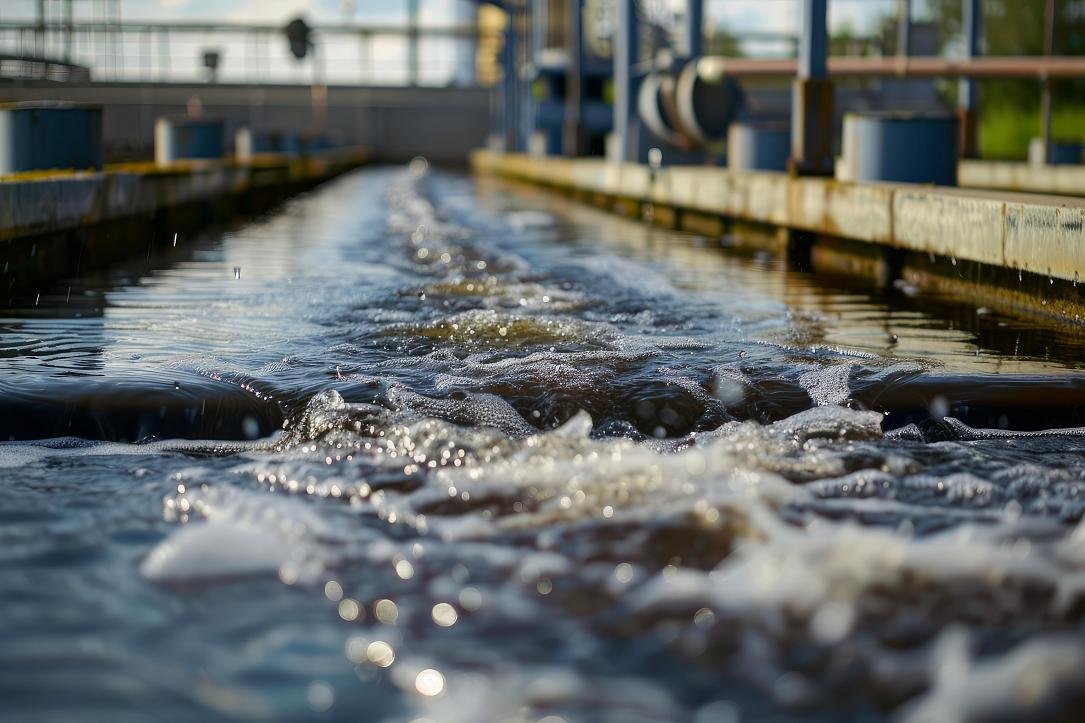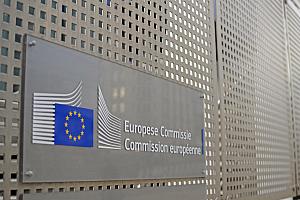European Commission takes Romania, Bulgaria to court for failing to treat wastewater

On Thursday, November 14, the European Commission decided to refer Romania and Bulgaria to the Court of Justice of the European Union for failing to fully comply with the obligations regarding collection and treatment established in the Urban Waste Water Treatment Directive.
Untreated or uncollected wastewater can endanger human health and pollute lakes, rivers, soil, coastal, and groundwater. The directive aims to protect human health and the environment by imposing the collection and treatment of urban wastewater before its discharge into the environment.
Under the European Urban Waste Water Treatment Directive, Member States must establish collection systems for all agglomerations with at least 2,000 inhabitants. If the establishment of a collection system is not justified, particularly because it would involve excessive costs, individual or other appropriate systems can be used instead, provided they achieve the same level of environmental protection.
Secondary treatment levels must also be applied before being discharged into the environment.
Bulgaria and Romania have benefited from substantial EU funding - hundreds of millions of euro in Romania’s case - for urban wastewater treatment through cohesion policy projects, the European Commission said in its motivation. Moreover, both countries have been granted a higher degree of leeway, including extensions, to comply with this directive already, according to the press release.
“In Romania, 150 big agglomerations (with more than 10,000 inhabitants) fail to fulfil the directive's requirements concerning collecting systems. In 154 agglomerations, urban waste water entering collecting systems is not treated appropriately. And in 155 big agglomerations, Romania is failing to provide a more stringent treatment before discharging waste water into sensitive areas. All these agglomerations should have been compliant by December 31, 2015,” the Commision said in its press release.
In Bulgaria, the situation is not as bad. Ten large agglomerations do not meet the directive’s requirements for collection systems. Meanwhile, in 20 large agglomerations, urban wastewater entering collection systems is not properly treated, and in 30 large agglomerations, Bulgaria does not ensure more rigorous treatment before discharging wastewater into sensitive areas. All these agglomerations should have been compliant by December 31, 2010.
The Commission sent letters to Bulgaria and Romania in past years highlighting the dire situation of wastewater collection and treatment. However, now it considers that the two countries have not done enough.
(Photo source: Ylivdesign | Dreamstime.com)













